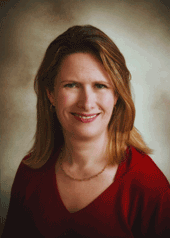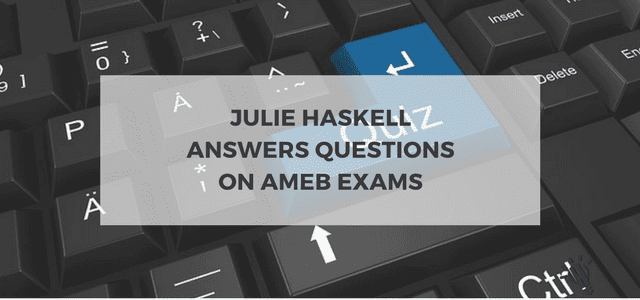
The most interesting session for me was a presentation by noted Melbourne pianist and teacher Julie Haskell (also current VMTA president) who talked about AMEB exams from an examiner’s perspective. Julie was careful to note that the presentation (and therefore the notes in this article) contained her own opinions as an examiner and not those of the AMEB.
Pleasingly Julie, like me, stresses the need for students to learn at least 20 pieces a year (see my previous article on the success of my 40 pieces a year challenge). I hoped that this was old news for the teachers present, but I’m sure there are still teachers out there just teaching six exam pieces each year.
Julie also advocates introducing exam pieces gradually, dispersed with the learning of other pieces during the year. When asked about how to determine when a student is ready for an exam, Julie suggested that by the time a student is booked for an exam, he/she should already be capable at that level, even though their pieces will not necessarily be polished. Julie also stresses that teachers should never enter students who they expect will only get a C or C+ for an exam as they are probably not ready. She also recommends discussing the “general knowledge” component of the pieces throughout the year as a regular part of lessons. (I do the same with sight-reading and aural).
The following were the other main points that I picked up from her presentation and that I feel may be of relevance to other teachers preparing candidates for the AMEB:
Hopefully that might answer some of the questions you may have about exams, as I did before the seminar. Please remember however that this is not advice sanctioned by the AMEB and neither Julie nor I take any responsibility for inaccuracies.
